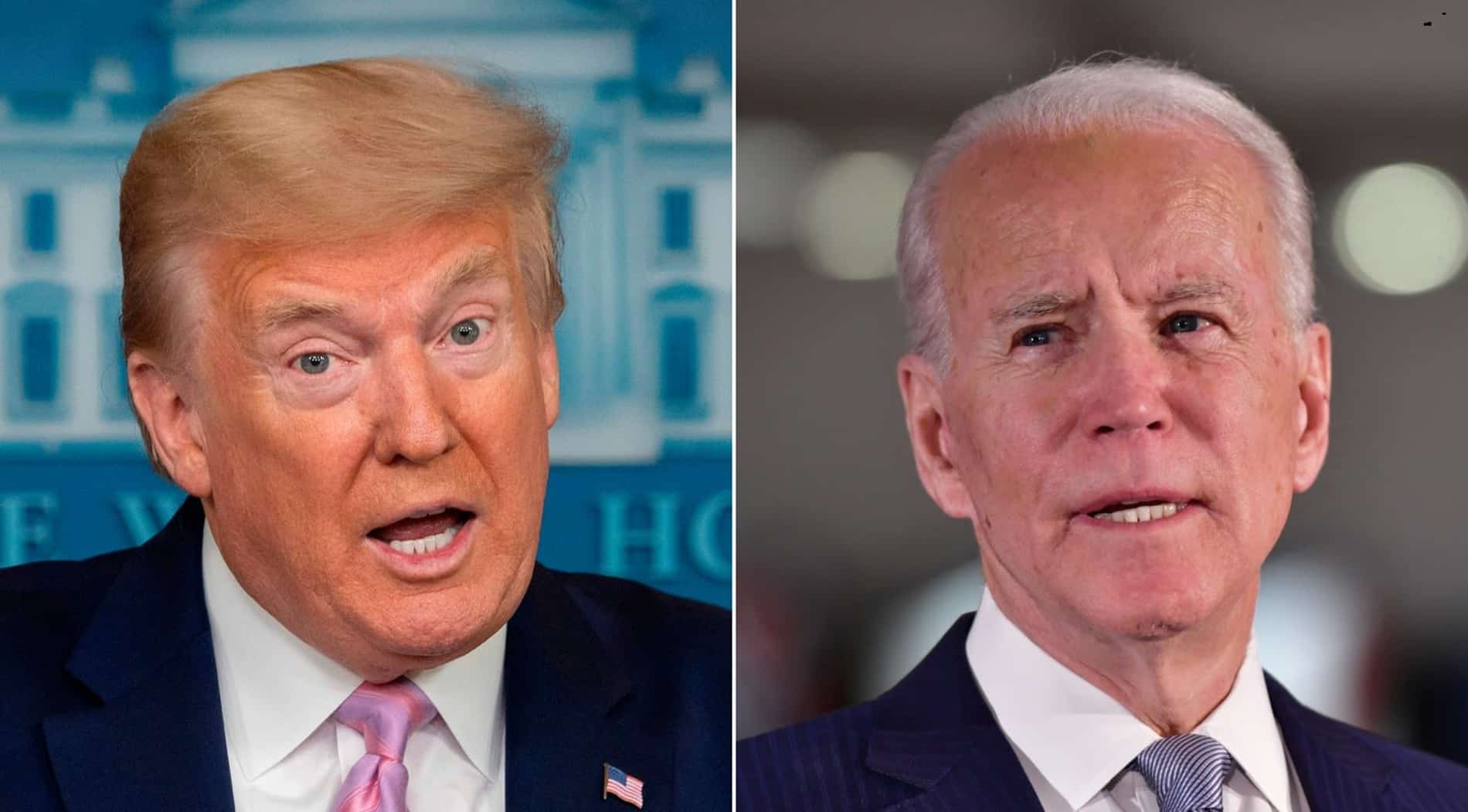OPINION: This article may contain commentary which reflects the author's opinion.
A Chancery Court judge has halted Delaware’s new mail-in voting provision, ruling that it violates the state’s constitution.
Vice Chancellor Nathan Cook wrote in the opinion that allowing mail-in voting in the Nov. 8 general election “will result in the dilution of constitutional votes with unconstitutional votes.”
Cook issued an injunction blocking the Department of Elections from accepting applications for no-excuse absentee ballots.
“…if I were to not enjoin the Vote-by-Mail Statute, then the courts would be faced with the impossible task of ‘unscrambling the eggs’ of an election undermined by unconstitutional votes,” Cook wrote. “Given these considerations, Plaintiffs will suffer irreparable injury if the Vote-by-Mail Statute is not enjoined and doing so is necessary in the interests of justice.”
“…Furthermore, the fact that votes will be cast under this unconstitutional law means that the election will not be conducted in strict accordance with our Constitution,” he wrote. ” As Plaintiffs note, it would be ‘virtually impossible’ to unwind the election.”
“My thoughts on the policy underlying the Vote-by-Mail Statute, however, are fairly irrelevant,” he added. “Delaware precedent — at least as it stands today — requires me to issue an injunction.”
“Delaware has a strong policy in favor of its citizens robustly exercising their right to vote, Cook said, and he acknowledged that voters may be unable to exercise their right to vote for numerous reasons, including because they are working on election day or suffer resource constraints,” Delaware Live reported.
“The ruling has no effect on Tuesday’s primary election. The Department of Elections, which declined to comment Wednesday, is all but certain to appeal the decision to the Supreme Court of Delaware. In the same opinion, Cook upheld the state’s new same-day voter registration law,” the outlet reported.
Delaware Republican Party chairwoman Jane Brady and Republican candidate for attorney general Julianne Murray are behind the suits.
“I am delighted with the decision,” Murray said. “The Vice Chancellor took great care in reviewing Delaware’s history as well as Delaware’s case law in coming to his conclusion. I obviously thought that the statute was unconstitutional but to have the Court agree is very validating.”
“Well it has now been sorted out,” she said.
Brady called the ruling a “victory for the law.”
“To change the provisions in our State Constitution requires that the same new law be passed by the General Assembly over two consecutive legislative sessions with a supermajority,” Brady said. “When the Democrats could not get the votes to do that, they attempted to change the law by passing a statute in the General Assembly in one session with a simple majority.”
“This is the first step to protect Delaware elections from laws that may undermine our confidence in election results and threaten to introduce greater opportunities for fraud into our elections,” Brady added.
Earlier this month, the Arizona Supreme Court struck down a proposed ballot initiative that, if approved by voters, would have revoked a handful of election-integrity laws passed by the GOP-controlled state legislature.
“Titled Proposition 210, the now-failed ballot initiative had the potential to completely overhaul Arizona’s election laws, several of which the state legislature recently passed. The 26-page proposal is very similar to the federal HR 1, the legislation previously introduced by congressional Democrats that would have resulted in a federal takeover of elections,” The Federalist reported.
The outlet added: “Among the proposed changes to Arizona election law were same-day voter registration, a repealing of ‘Arizona’s ballot harvesting ban,’ and ‘voter registration with minimal identification, such as a pay stub.” Other provisions in the initiative would have disqualified “electors who don’t choose the president selected by Arizona’s presidential election,’ eliminated ‘the 30-day residency requirement in order to vote,” and made it “harder to cancel voter registrations of inactive voters,’ among others.”
